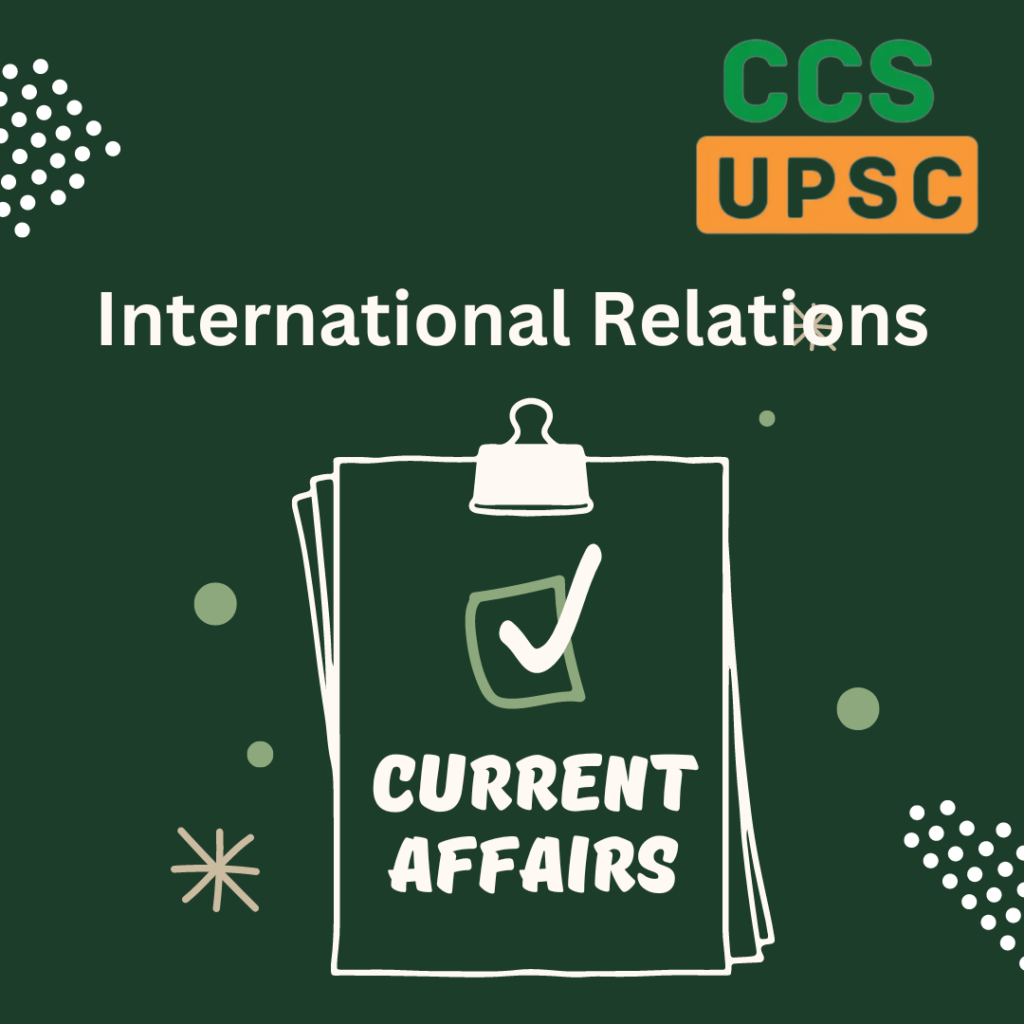Context
∙ Pakistan has launched missile strikes into Iran under Operation Marg Bar Sarmachar (Death to Insurgents), following Iran’s missile strikes in Pakistan.
Where is Balochistan?
∙ Balochistan is a region with a distinct cultural and historical identity, divided between three countries: Pakistan, Iran and Afghanistan.
∙ The 909-km Iran-Pakistan border, known as the Goldsmith Line, stretches from a tripoint with Afghanistan to the northern Arabian Sea.
∙ The region takes its name from the Baloch tribe. Roughly 9 million ethnic Baloch live on either side of the line, in the Pakistani province of Balochistan, and the Iranian province of Sistan and Baluchestan.
∙ The largest portion of the region is in south-western Pakistan. It is Pakistan’s largest province, comprising 44% of the total landmass.
∙ It is arid, and the country’s least inhabited and least economically developed region.
Issues of Balochistan
∙ Economic issues: The people of Balochistan had long felt their region was neglected in terms of development and political representation, fuelling resentment towards the ruling establishment.
∙ Political issues: In Pakistan, the Baloch are an ethnic minority physically and politically distant from the Punjabi-dominated regime and also in Iran, the majority-Sunni
ο Baloch are a religious minority who have been persecuted by the state.
∙ Demand for separate state: Their marginalization in both countries in subsequent years fuelled several separatist movements for a “Greater Balochistan” nation state.
Militant groups involved
∙ Jaish Al-Adl (JAA): The Sunni separatist militant group operates freely from Balochistan and is fighting for independence in Iran’s Sistan and Baluchestan province.
∙ Baloch Liberation Front and Baloch Liberation Army: Both are Iran-based hideouts of two Baloch militant groups deemed as “terrorist organizations” by Pakistan.
Relations Between Iran and Pakistan
∙ Before the 1979 Islamic Revolution in Iran, both countries were firmly allied to the United States.
∙ In 1955, both of them joined the Baghdad Pact, later known as the Central Treaty Organization (CENTO), a military alliance modeled on NATO.
∙ However an ultra-conservative Shiite regime took power in Iran and Sunni -majority Pakistan was undergoing its own Islamisation under military dictator Gen Zia-ul-Haq. In this way the two countries found themselves at opposite ends of the sectarian divide.
∙ The Baloch militant insurgency has been a long-running source of tensions between Pakistan and Iran. Both the nations often accused each other of harboring separatist terrorists.
India’s Stakes in the region
∙ Traditionally India has stayed neutral in the conflicts within the Middle East.
∙ However, the fragility of the Baloch frontier, China’s strategic presence in Balochistan along with its growing role in the Gulf are of deep concern to India.
∙ Also India has invested in Chabahar port lying the Makran coast of Sistan and Baluchistan Province is of concern for India.


